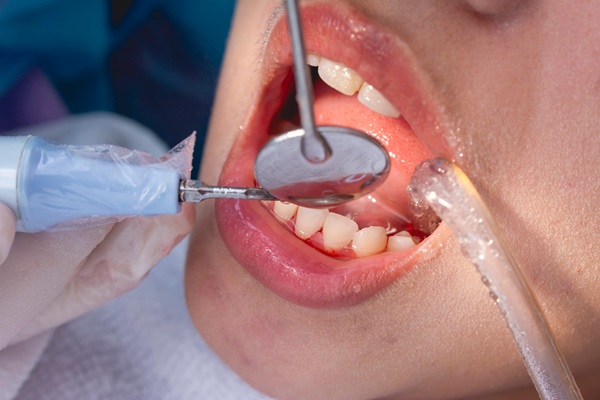 Dentures are ideal for improving your oral health and mouth function after you lose multiple teeth. They are the best teeth replacement solution for many patients because they are affordable, non-invasive, and long lasting. In this review, we discuss three important questions that you should ask your dentist before getting dentures.
Dentures are ideal for improving your oral health and mouth function after you lose multiple teeth. They are the best teeth replacement solution for many patients because they are affordable, non-invasive, and long lasting. In this review, we discuss three important questions that you should ask your dentist before getting dentures.
Dentures treatment: Important things to know before getting dentures
It helps to have as much information as possible before deciding on dentures treatment. Notably, patients should understand what dentures are, the different types available, how dentures compare with alternative solutions, and how patients can protect their dentures for the long term after treatment is complete. Here are answers to three questions that patients should ask their dentist about dentures.
What are the different types of dentures?
There are multiple denture types, and every patient will have a personalized solution that meets their needs, preferences, and budget. Here are four standard types of dentures:
- Removable dentures: These refer to dentures that are supported (and rest upon) the gums. They must be removed and soaked each night to keep them clean and in optimal condition.
- Implant dentures: These are supported by dental implants, which are fixed into the jawbone to serve as a support system.
- Partial dentures: These can be removable or supported by implants. Partial dentures are ideal for replacing a small section of teeth.
- Complete dentures: These are ideal for replacing an entire row (or both rows) of teeth. They can be supported by implants or removable.
Are dentures the best option for me?
Dentures are an ideal choice for many patients. That said, there are alternative options that patients may also want to consider. It helps to understand the benefits of dentures (and the benefits of alternative teeth replacement solutions) before making a final decision. In most cases, removable dentures are ideal for patients who want a reliable and long-term solution to teeth loss but do not want to go through invasive procedures (which are commonly involved with implants).
What should I expect after dentures placement (in the short and long term)?
It may take a while to adjust to the feeling of dentures. Patients should wear them as much as possible to improve how they feel, eat, and speak each day. In the long term, the dentures should feel comfortable and function the same as natural teeth. However, routine adjustments may be necessary to ensure optimal comfort and feel. Patients should also care for their dentures properly and follow all aftercare instructions that are provided by the dentist.
Are you considering dentures? Schedule a consultation today
Our dental practice can help you through the dentures process, and we are more than happy to answer any questions and concerns that you have about dentures treatment during a consultation visit. Feel free to contact us today by phone or message to learn more about your dentures options and to start the treatment process.
Request an appointment or call Dental Partners East Ridge at 423-680-6784 for an appointment in our Chattanooga office.
Related Posts
Dental fillings are now more common and less invasive than ever before. Dental fillings can help repair teeth damage, but they do not always work in every situation. Here is an explanation of why one might need dental fillings and what to expect before and after the procedure.Tooth decay is the most common reason for…
The popularity of dental implants is on the rise, and for good reason. They are known as the closest tooth replacement option to natural teeth. In this way, they not only restore the natural appearance of a person's smile but also restore its original function.Though dental implants offer many exciting benefits, they may not be…
Dental implants are a relatively new and effective way to replace teeth, but only some are considered ideal candidates. To help determine if you are, we require all our patients to undergo a consultation. This guide will review what we check for to approve a patient for candidacy.Periodontal (gum) disease is a condition that causes…


